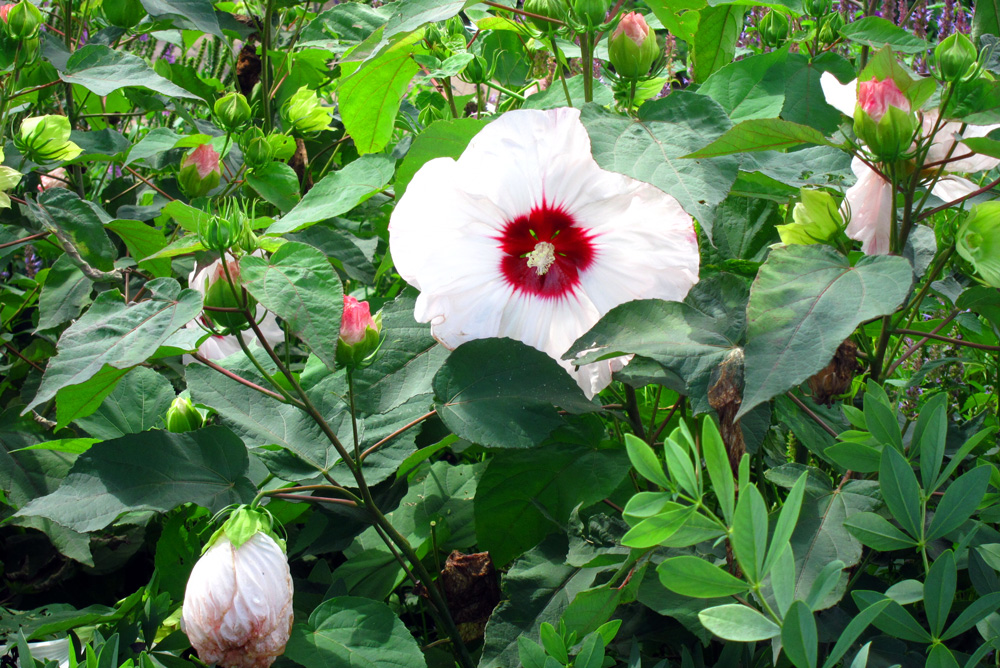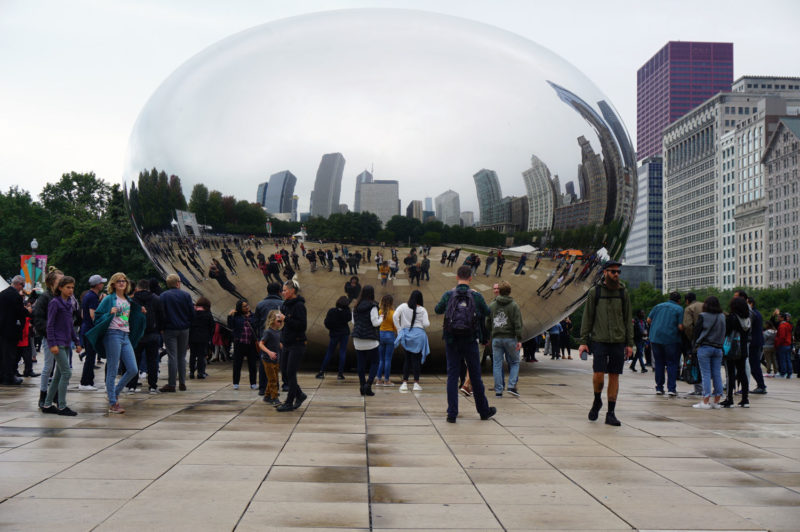
“I miss Celia,” one of my friends said over a meal. “I miss Celia, too,” I replied. For Celia preserves what is sweet in life. To that sweetness it has offered an imperfect homage.
Celia has not been a book; it has not been an argument. It hasn’t oozed personality. And it hasn’t gone viral. Perhaps my most visited post features a pork-chop recipe, solving the problem of what to make for dinner. A post I wrote years ago about the history of the Hancock Plaza has also done well, plagiarized for school assignments, probably.
I set out to make Celia about perplexities, but it’s shirked its duty. I haven’t written about material cares, being childless, or loved ones dying. Celia has sipped life’s inconclusiveness, its boundlessness, carefully refraining from taking a gulp and getting wild. The stimulus of the day—its shocking fleeting beauty—the sensory tonnage that floods in on us: some tiny part of this relentless spool has made its way into my camera, and days or weeks later I have written about it, in posts that ‘steady the camera’ in some way.
Several weeks ago, I heard a priest named Duncan Swan give a sermon. He likened the kingdom of God to a neglected garden with just one tiny area under our cultivation. The idea that there is something more expansive beyond the tiny area that we experience corresponds to the spirit and scope of Celia’s undertaking. Beyond what I can picture and express is a chaos of growth, a whole truth bigger even than modernity.
